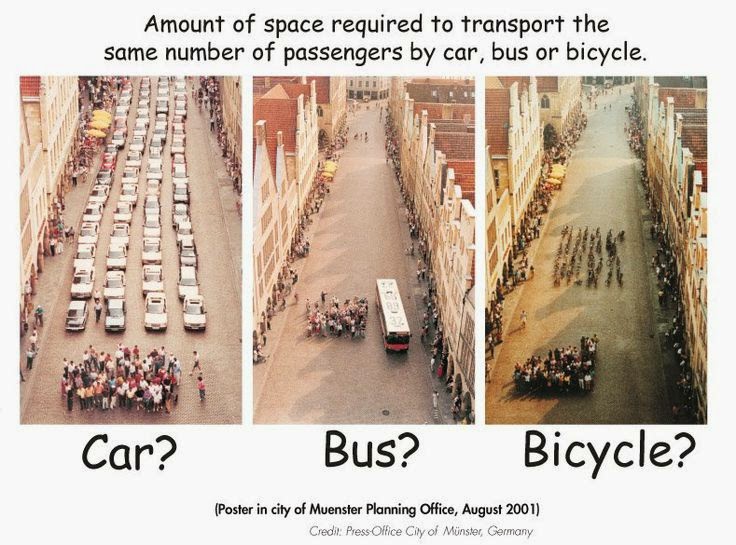Say "Munster" to most Americans and they'll think of that tangy semi-soft cheese with an orange rind. They may have had it with their eggs this morning or on a turkey, chicken or ham sandwich for lunch.
That cheese is named for a city in the Alsace region of Eastern France, in a valley of the Vosges mountains. The city and mountains are quite lovely, especially in the autumn. And they can be a bit melancholy in their beauty,
in almost a New England-ish sort of way.
There's also another city with the same name (but an umlat over the "u") in the Westphalia region of Germany--actually, not very far from the Vosgean ville. It was in this German city that the Treaty of Westphalia, which ceded the Alsace and Lorraine regions--which, ironically, include the now-French Munster-- to France for the next two centuries, was signed.
(France lost those territories in the Franco-Prussian War of 1870-71 but regained them with the Versailles Treaty after World War !.)
Anyway, Munster, like many other cities in Europe, has been trying to get people to forsake their cars for bicycles. While many ride to work or for recreation, many (sometimes the same people) depend on their motor vehicles for shopping and transport.
One reason for the campaign is that Munster, like many older European cities, has narrow streets. So, city officials realize that they can't (or don't want to) squeeze any more automobiles into the ancient lanes.
So, to spread the message, the city planning office distributed this poster (which is translated):
That cheese is named for a city in the Alsace region of Eastern France, in a valley of the Vosges mountains. The city and mountains are quite lovely, especially in the autumn. And they can be a bit melancholy in their beauty,
in almost a New England-ish sort of way.
There's also another city with the same name (but an umlat over the "u") in the Westphalia region of Germany--actually, not very far from the Vosgean ville. It was in this German city that the Treaty of Westphalia, which ceded the Alsace and Lorraine regions--which, ironically, include the now-French Munster-- to France for the next two centuries, was signed.
(France lost those territories in the Franco-Prussian War of 1870-71 but regained them with the Versailles Treaty after World War !.)
Anyway, Munster, like many other cities in Europe, has been trying to get people to forsake their cars for bicycles. While many ride to work or for recreation, many (sometimes the same people) depend on their motor vehicles for shopping and transport.
One reason for the campaign is that Munster, like many older European cities, has narrow streets. So, city officials realize that they can't (or don't want to) squeeze any more automobiles into the ancient lanes.
So, to spread the message, the city planning office distributed this poster (which is translated):
